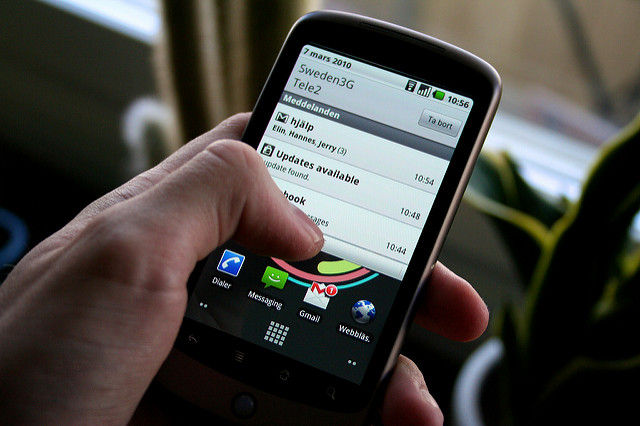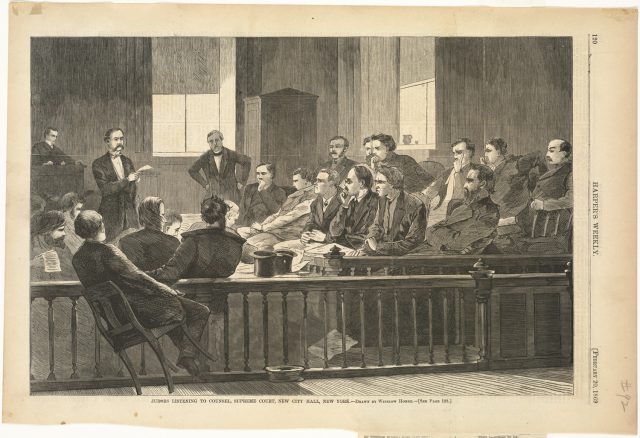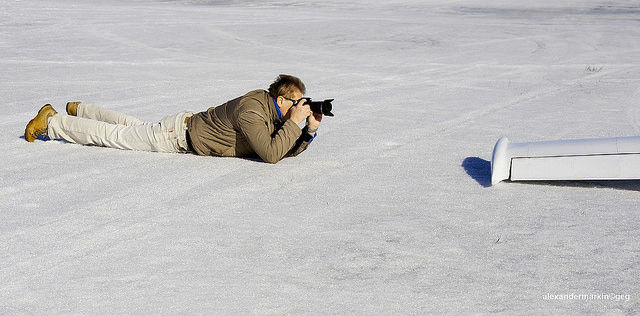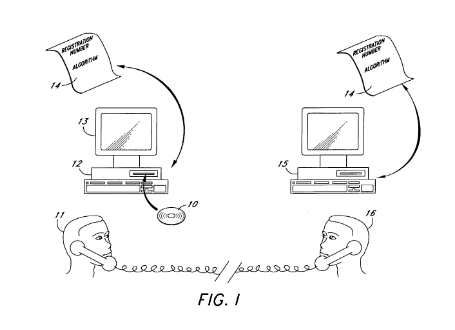
(credit: Garry Knight)
The online news and gossip site Gawker has begun the process of appealing the $140 million verdict a jury ordered it to pay last month for publishing a sex tape of Terry Bollea, better known as former pro wrestler Hulk Hogan.
The Gawker appeal is no surprise, as the company has said it will appeal since the verdict was delivered. In motions filed late Monday, the online media outlet has asked for the verdict to be thrown out or the damages "greatly reduced," according to a report in The Wall Street Journal.
Gawker lawyers argue the $25 million in punitive damages that was added on to the $110 million in compensatory damages would be "ruinous." The jury was told that Gawker Media was worth $83 million while its founder Nick Denton was worth $121 million.








